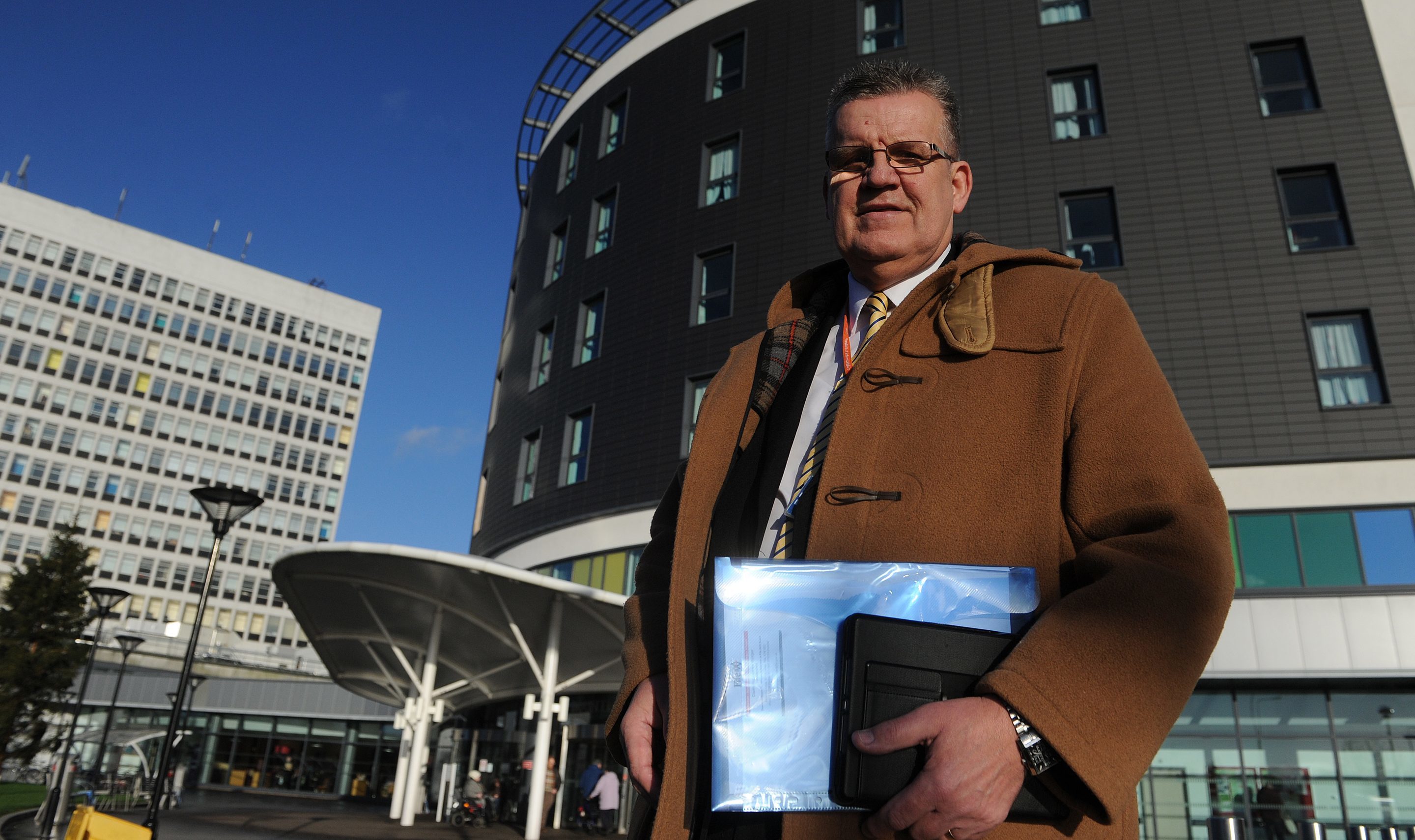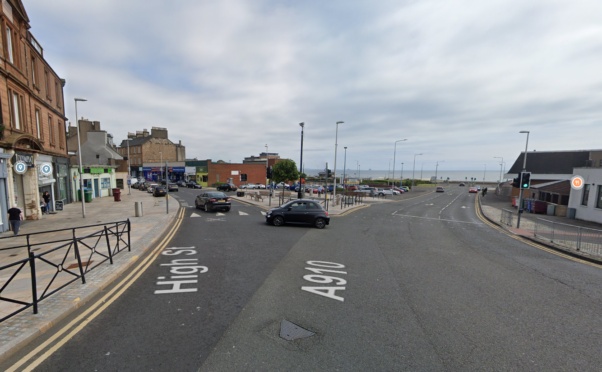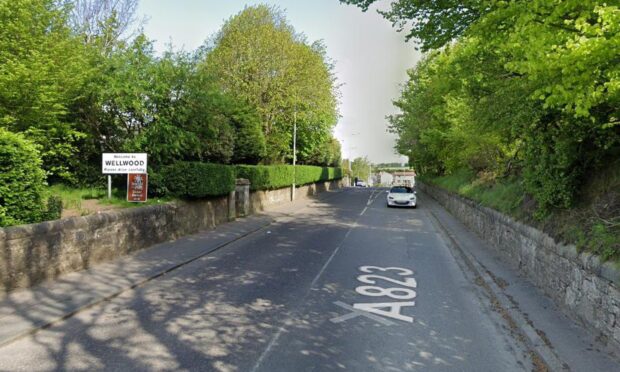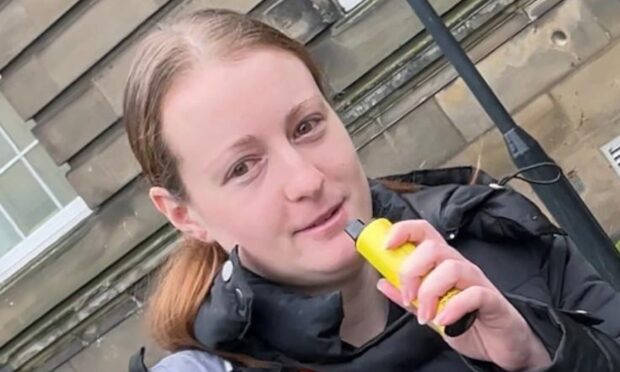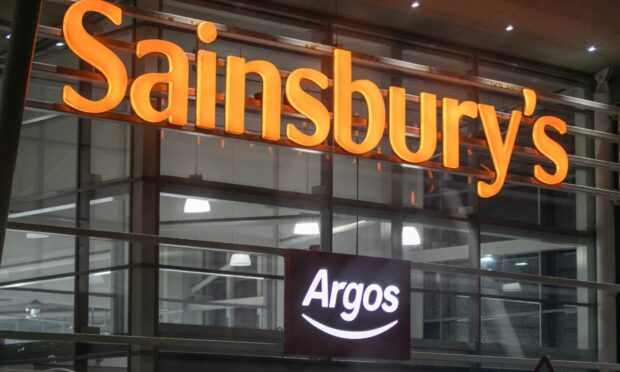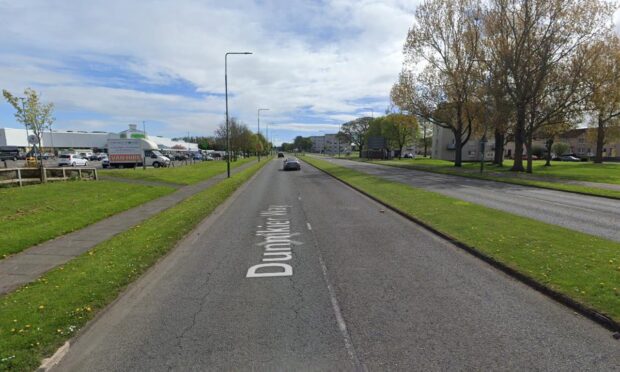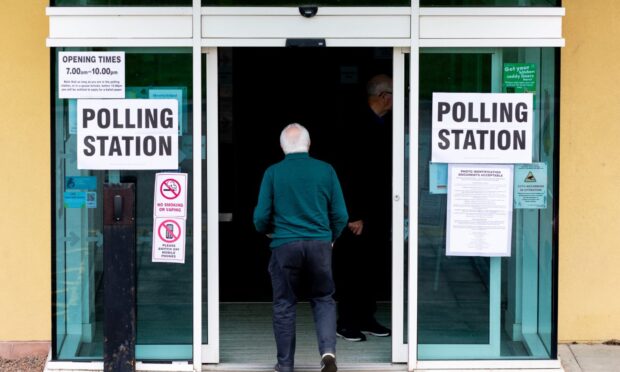An average of 12 operations a day were cancelled in Tayside and Fife hospitals towards the end of last year, it has been revealed.
Among those affected were cancer patients, The Courier understands, while some patients were sent home as they waited in hospital to go into theatre.
News that 757 scheduled operations were called off in November and December prompted a demand for a probe into why people were still being turned despite success in tackling so-called bed-blocking.
In Fife, while the number of delayed discharge patients dropped dramatically in December to only 34, lack of bed space or other non-clinical reasons were blamed for scuppering 72 operations.
Of Fife’s 276 cancellations in November and December, 100 were for clinical reasons, 119 for capacity or non-clinical reasons and 57 by patients themselves.
During the same period in 2015, only 35 out of 197 cancellations were for capacity or non-clinical reasons.
In Tayside 481 operations were cancelled in November and December 2016, 163 for clinical reasons, 119 for capacity or clinical reasons, 160 by patients and 39 for other reasons.
The previous year it saw 508 ops called off, 154 for capacity or non-clinical reasons.
Councillor Andrew Rodger, vice-chair of the Fife Health and Social Care Partnership and member of NHS Fife board, said he was sick of hearing the social work service “getting a lashing” for failing to get elderly people in need of alternative care out of wards quickly enough.
He said: “Staff in health and social care have worked damned hard to get delayed discharge numbers down.
“If there are still operations being cancelled we need to get to the depths of what’s happening.
“We have had cases where people have been sitting waiting in hospital to go into a bed to be told to go home again, and that could happen two or three times.”
NHS Fife medical director Dr Frances Elliot said: “We are seeing an increasing level of dependency and frailty in our patients. This is not unique to Fife and is reflected across Scotland and is impacting on use of hospital beds.
“Of the 2754 elective operations scheduled in November and December, 4.3% were cancelled due to bed availability.
“Whilst we regret any cancellation, it is essential that our focus is on providing safe and effective treatment to patients who are most acutely unwell, and thus when hospital occupancy is under pressure we prioritise patients admitted as emergencies.
“We make every effort to ensure that any cancellation is promptly rescheduled.
“In addition, we continue in our efforts to maintain good flow through our hospital beds and work with colleagues from the health and social care partnership to reduce delays at the point of discharge wherever possible.”
A spokesperson for NHS Tayside said: “Like many other boards across Scotland, there has been an increase in the number of patients being admitted into our hospitals from the community, with many patients acutely ill. This has had an impact on the number of beds we have available.
“Unfortunately, this higher-than-normal number of unscheduled admissions has had a knock-on effect on our ability to deliver routine procedures and we have had to defer a number of non-urgent, elective procedures across Tayside.
“Our staff try their very best to minimise any disruption to our planned procedures as we appreciate that this is both upsetting and inconvenient for patients and their families.
“The decision to defer procedures is always taken as a last resort and we apologise to those patients affected.”
